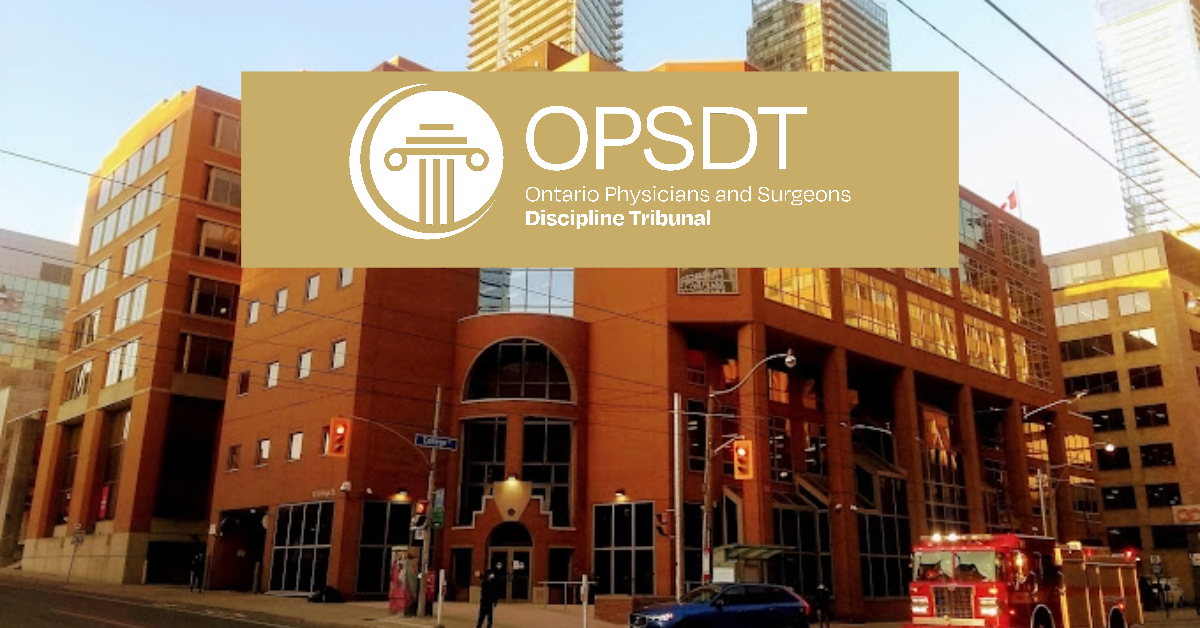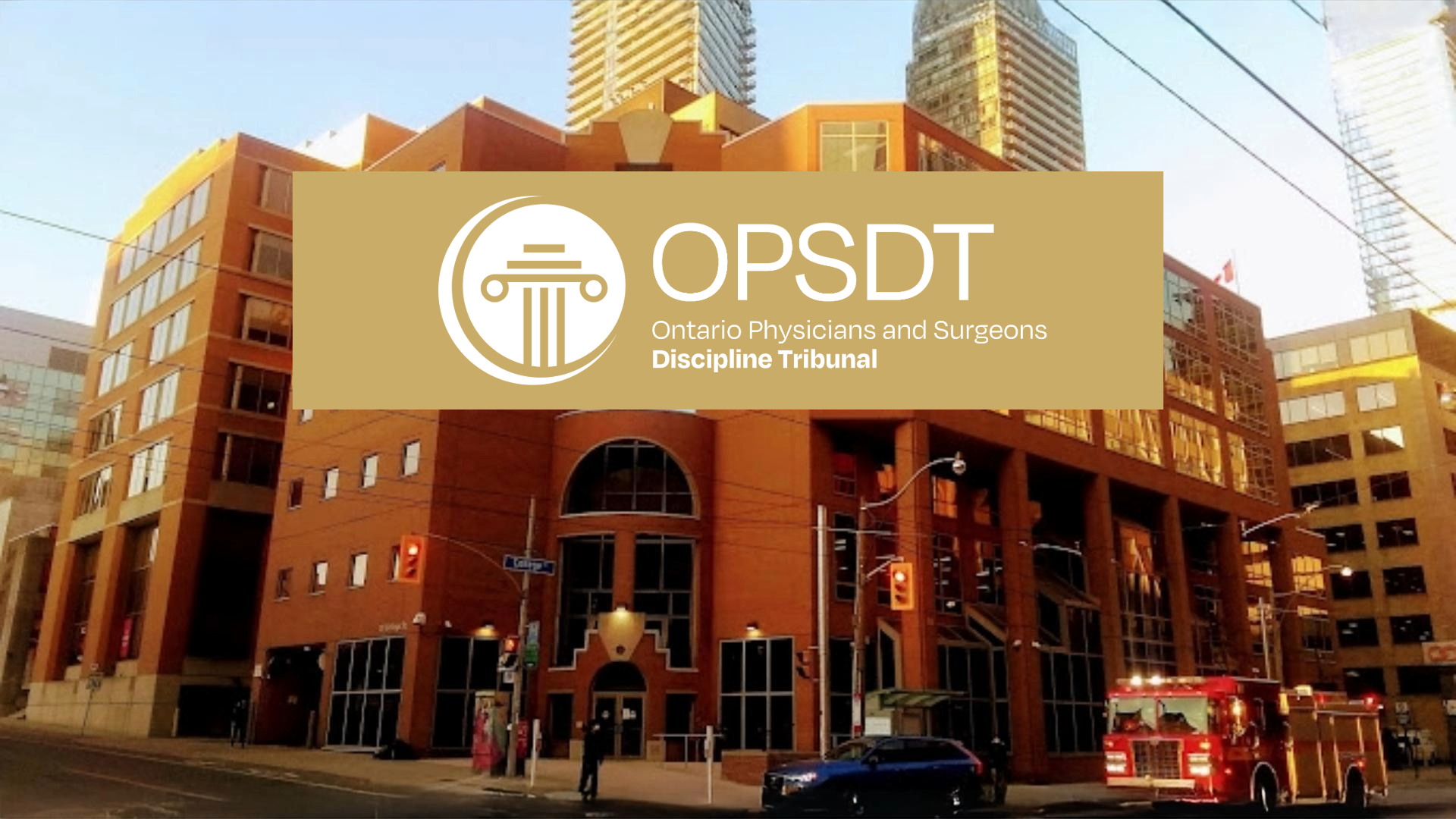
Nurse Alters Morphine Record, Patient Dies: CNO Orders Permanent Resignation
A Profound Breach of Trust in End-of-Life Care In CNO v. Lindsey Coyle, the Discipline Committee of the College of Nurses of Ontario addressed one

In the overburdened reality of our of healthcare system, mistakes happen. Medical negligence and medication errors can lead to insurmountable health complications, and even death. An unfortunate example of this can be seen in the tragic story of Wendy Guimont (as posted by the CBC on October 19, 2024), a beloved piano teacher who reportedly died because she was not properly monitored while taking antibiotic medication. This case underlines the importance of proper drug administration and monitoring, especially in vulnerable patients.
Guimont’s primary health challenge was metastatic pancreatic cancer. However, it was not cancer, but renal failure, induced by an adverse drug reaction to the antibiotic vancomycin, that claimed her life. Vancomycin, a standard treatment for infections such as staph, has been tied to kidney failure particularly when treatment extends beyond one week and in patients aged 65 or older.
Timely and accurately monitoring vancomycin levels in the blood is critical to prevent kidney damage. However, due to challenges in hospital staffing, crucial steps in drug administration can often be overlooked, leading to severe health risks. In Guimont’s case, there was a delay in collecting a valid vancomycin level after the drug was administered, which resulted in a toxic level in her system and contributed to kidney failure.
The sad facts of this case highlights the importance of understanding the potential legal liability that comes with medication administration errors in hospitals. A primary issue in this case was the alleged failure to properly monitor and adjust the dosage of vancomycin. It has been suggested that if the drug trough levels had been measured properly and timeously, the dose could have been adjusted to prevent this tragedy.
For patients or loved ones navigating similar situations, it is important to be aware of your rights and to know that you can seek legal advice if medical negligence or an error in medication administration has lead to injury or death.
Guimont’s heartrending story underscores the importance of drug safety education for healthcare professionals, and for patients and their families. It is a stark reminder of the need for adequate staffing, monitoring, and clear communication about medications in hospitals. Furthermore, it serves as a call to action for healthcare providers to take responsibility for their actions and implement necessary improvements in their practices, to protect patient safety and ensure quality healthcare.

A Profound Breach of Trust in End-of-Life Care In CNO v. Lindsey Coyle, the Discipline Committee of the College of Nurses of Ontario addressed one

What College of Physicians and Surgeons of Ontario v. Thirlwell, 2026 ONPSDT 5 Means for Patients and Public Trust In College of Physicians and Surgeons

Estate of Henders v. Lakeridge Health Oshawa, 2026 ONSC 701 In a significant decision for medical malpractice and long-term care litigation in Ontario, the Superior

What CPSO v. Faruqi Means for Patients and Physicians On January 21, 2026, the Ontario Physicians and Surgeons Discipline Tribunal released an important decision addressing